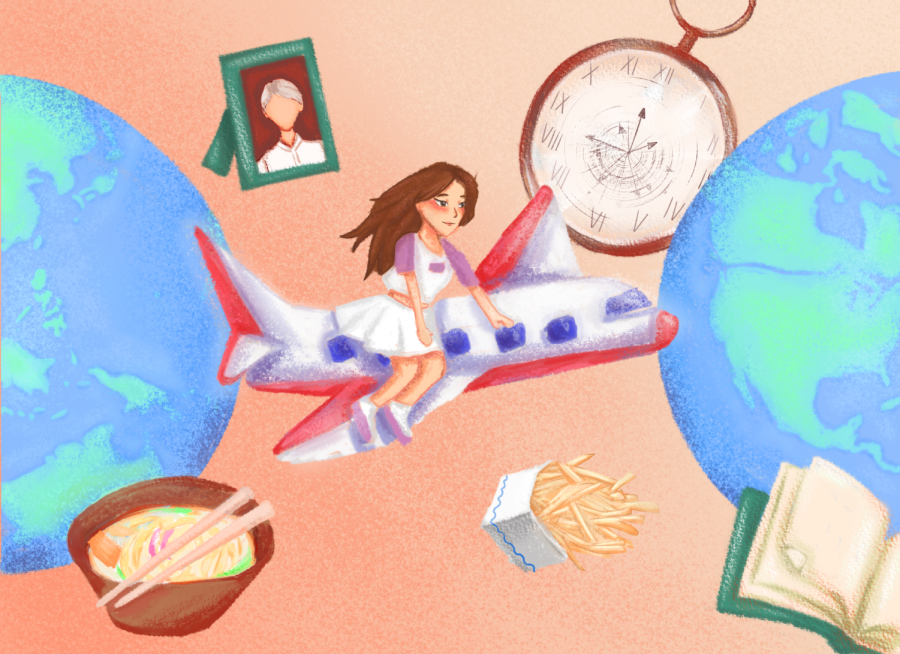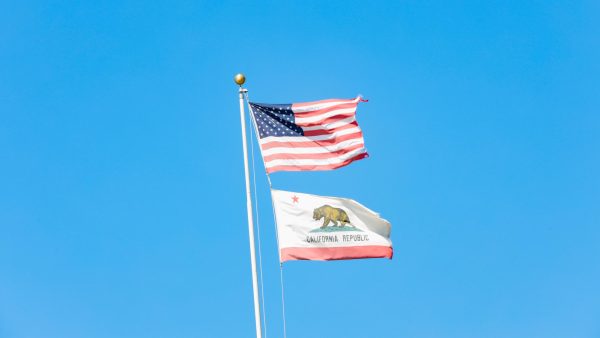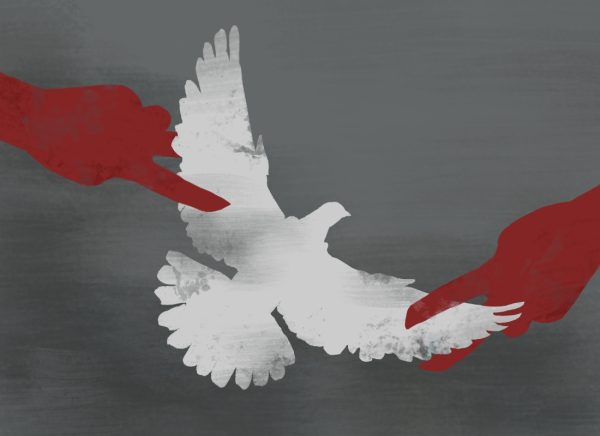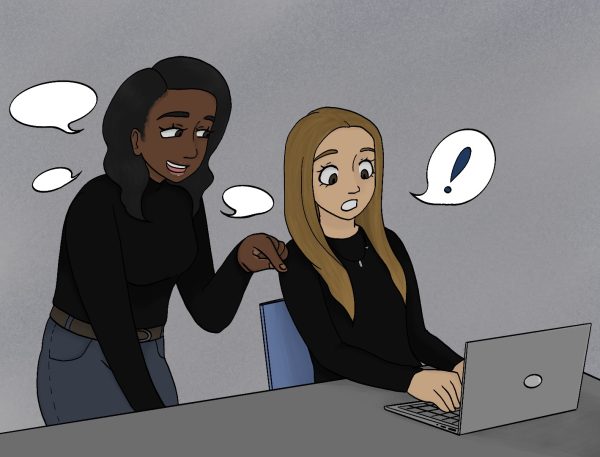Crying in In-N-Out
It was as if I just gained a day of my life back.
By grace of the Earth’s longitudes, the 16-hour flight had nearly no effect on my perception of time. Los Angeles was ahead of the Philippines by 15 hours, after all.
And yet, the telltale sign of my ascent from across the globe made itself known to me by touch. The bellowing air felt crisp against my arm, compared to the clammy humidity in my homeland.
My mom and sister dragged their luggage across the streets from the Los Angeles International Airport, excited and ready to build their lives anew.
And then we sat at a fast food restaurant I had never tried before. The already bland french fries started to lose flavor even more in my mouth.
It fully sinks in how different my life would be from that day forward – then I cried at In-N-Out.
–
Back in the Philippines, food would always bring our families together.
Under the mango trees and bougainvilleas that my grandma planted, and on the bamboo tables and chairs that my grandpa created with his bare hands that are well acquainted with carpentry.
No one would dare miss a meal shared with all my aunts, uncles, cousins and even our entire neighborhood, especially when it’s a Despedida for my mom, sister and I’s departure.
“Fatten yourself up there, alright?” my aunt would tell me in Tagalog.
Even through food-related verbal maxims, my family’s reminders to take care of myself when we moved to California would still find their way to my memories across our family’s 7000-mile dining table, even four years later.
–
February 14, around 7 p.m., my dad had just picked me up from a theater rehearsal at my high school in Harbor City.
Grabbing food to eat before heading home was a no-brainer. My sister and I settled next to each other at a Vietnamese restaurant and immediately dug into our Phở to warm ourselves up during the winter day.
Dad sat across from us, snapping a picture and calling us “My dates for today” in his Facebook post. The realization slowly dawns on me that we have never spent time with dad as much as I did the past two years being in the U.S.
My dad came to the U.S. in 2008, a few months before my little sister was born. Like most immigrants’ reasons would be, it was for work, the opportunity to better our lives.
He would visit home again at least every three years. And at the time, I thought those short vacations with him and Skype calls were enough. Yet after 10 years of being apart, my entire family finally get to be together for good.
Such experience taught me how valuable those moments of physically spending time with each other are.
–
More than anything, I grew aware of the importance of togetherness even more when my grandpa passed away.
It was 2019, barely even a year since we moved to the U.S. and my family already had to fly back home for his funeral.
I was sitting in a history class, chewing bubblegum when dad texted that my grandpa had passed. Making an excuse to my teacher that I’ll just spit the gum out, I really just spent 5 minutes outside, absorbing the message.
On another 16-hour flight, this time going back home, the memories of when Lolo and I saw each other in person came vividly.
Him, sitting in the car that brought us to the airport, putting on his tinted sunglasses when we were bidding goodbyes. Me, my warped reflection from the black glossed lenses, realizing my grandpa did it to hide his impending tears.
Looking down from somewhere atop Olongapo City, more gentrified than I’ve ever seen it despite only being gone for less than a year, the urbanized town bustles beneath as if time waits for no one.
And it was true. Seeing how many changes occurred in my homeland in such a short amount of time made me realize how many things have changed in my life, too. And these changes were necessary as I grow and navigate a new life.
The American Psychological Association describes this acculturation as a “process that involves changes in many aspects of immigrants’ lives, including language, cultural identity, attitudes and values, types of food and music preferred, media use, ethnic pride, ethnic social relations, cultural familiarity and social customs.”
Having experienced it in different ways, I walk forward knowing that there are now two places I can call home, and that resources such as the Asian Mental Health Collective exist to support our communities who have gone through the same.
If an immigrant finds themselves needing immediate help, the Immigrants Rising’s Mental Health Connector provides undocumented young people with free psychological support by texting HOME to 741741 or calling 1-800-273-8255.











